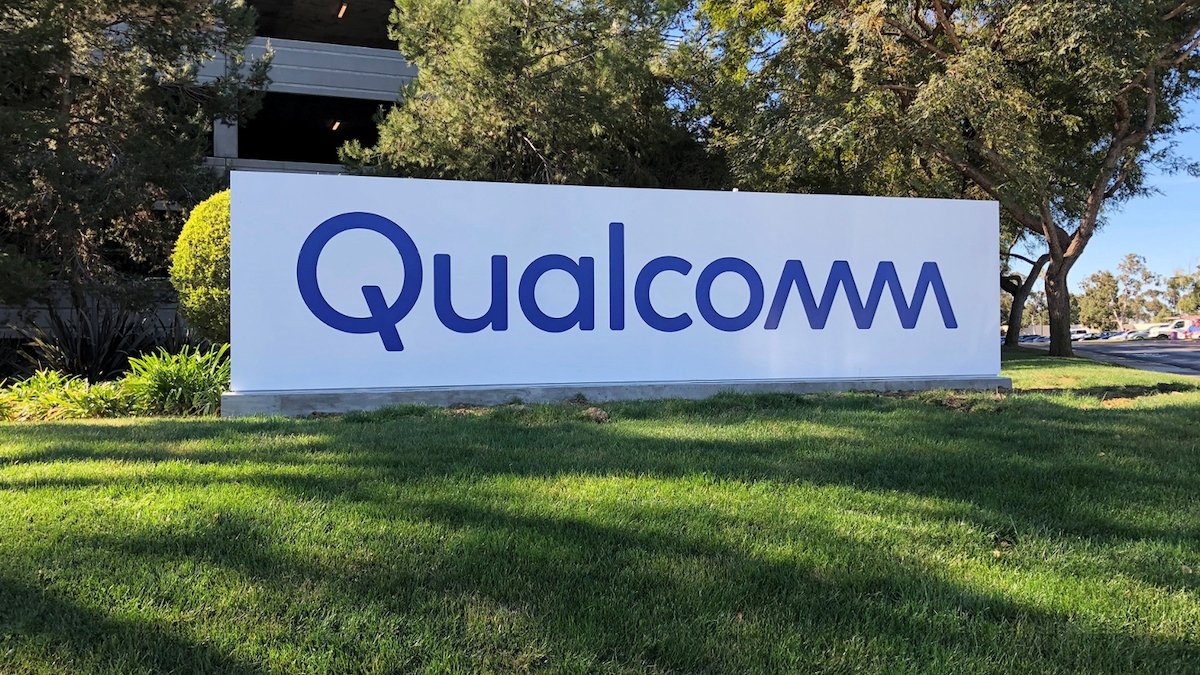Nuvia Arm processors from Qualcomm are now said to be on track for shipping in PCs by late 2023, making the company behind schedule to compete with Apple Silicon.
In November 2021, Qualcomm predicted that it would take nine months for its newly-acquired Nuvia Arm processors to take on Apple's M-series chips. That would mean at least testing the processors in 2022, with shipping products expected to be in 2023.
According to Tom's Hardware, however, Qualcomm's president and CEO Christian Amon has confirmed that "development is on track, and we expect to have [the processors] in late 2023."
Amon also said that Qualcomm's use of the Nuvia-designed processor was specifically because the company is "going after the performance tier."
Qualcomm bought Nuvia for $14 billlion in 2021. Chip designer Nuvia was founded by former Apple employees, which has led to a series of legal issues.
Previously, Qualcomm's predictions for the Nuvia processors have centered on it being a way to make Windows laptops that rival Apple's M1 chips in the MacBook Pro. However, Apple has already said that it will be making no more versions of the M1, and the expectation is that by 2023 it will already be on to an M2, or even M3.
 William Gallagher
William Gallagher








 Charles Martin
Charles Martin
 Malcolm Owen
Malcolm Owen


 Christine McKee
Christine McKee
 Wesley Hilliard
Wesley Hilliard

 Andrew Orr
Andrew Orr








21 Comments
Promises, promises. And where will Apple’s M-series be in 2023 by the way? Falling behind? It’s clear that Apple has lit a fire under the asses of Qualcomm, Intel, AMD, and the rest or they wouldn’t be making these claims. That’s good for the industry.
With what OS? Windows on ARM? ARM Linux?
Nuvia sounds like an artificial sweetener.
This the most interesting potential development in the PC CPU space since Ryzen (potentially more interesting, really).
Qualcomm doesn't have to beat Apple to succeed, they just have to beat Intel. Major factors affecting this outcome include:
1. Do they get strong support from Microsoft?
2. Does TSMC retain the process lead over Intel?
3. Do developers port and optimize?
My guesses:
1. Sort of...
2. Yes.... barely
3. Some key developers do... most second tier don't
And so the result will be:
moderate success, enough to keep trying.